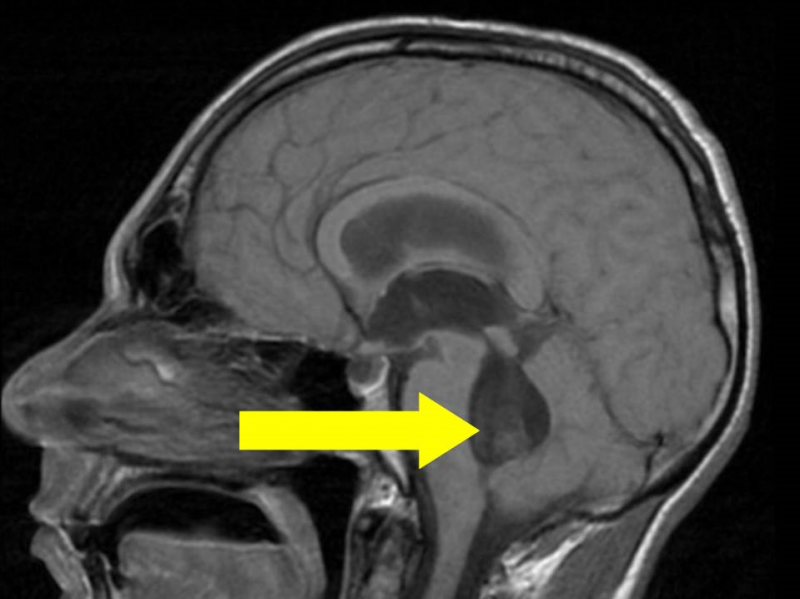
Neurological rare diseases are a subset of medical conditions that affect the nervous system and manifest in unique and often perplexing ways. Among these, Amyotrophic Lateral Sclerosis (ALS), Huntington's Disease, and Rett Syndrome stand out due to their distinct characteristics and impact on individuals' lives. In this article, we will explore these three neurological rare diseases, shedding light on their causes, symptoms, diagnosis, and potential treatments.
Neurological rare diseases are characterized by their infrequent occurrence and the intricate ways in which they affect the nervous system. Among these, ALS, Huntington's Disease, and Rett Syndrome stand as poignant examples, showcasing the complex nature of these conditions.
Amyotrophic Lateral Sclerosis (ALS)
Understanding ALS
Amyotrophic Lateral Sclerosis, often referred to as ALS or Lou Gehrig's disease, is a progressive neurodegenerative disorder that primarily affects motor neurons. These are nerve cells responsible for controlling voluntary muscle movements.
Causes and Risk Factors
The exact cause of ALS remains elusive, although genetic and environmental factors are believed to contribute. Mutations in certain genes, such as the C9orf72 gene, have been linked to familial ALS, while sporadic cases suggest a multifactorial origin.
Clinical Manifestations
Individuals with ALS experience muscle weakness, twitching, and gradual paralysis as motor neurons degenerate. This leads to difficulties in speaking, swallowing, and breathing, often necessitating extensive medical care and support.
Diagnosing ALS
Diagnosing ALS involves a comprehensive assessment of symptoms, along with electromyography (EMG) and nerve conduction studies. While there is no definitive cure, treatment approaches focus on managing symptoms and improving quality of life.
Current Treatment Approaches
Treatment plans for ALS incorporate a multidisciplinary approach, involving physical and occupational therapy, speech therapy, and assistive devices. Medications like riluzole and edaravone aim to slow disease progression, offering hope to individuals living with ALS.
Huntington's Disease
Unraveling Huntington's Disease
Huntington's Disease is a hereditary condition characterized by the progressive breakdown of nerve cells in the brain. It leads to physical, cognitive, and emotional disturbances, often manifesting between the ages of 30 and 50.
Genetic Origins
Huntington's Disease is caused by a mutation in the HTT gene, leading to the production of a faulty protein called huntingtin. This protein buildup results in neuronal damage, affecting movement, cognition, and behavior.
Symptomatic Developments
The disease's symptoms vary widely, encompassing involuntary movements (chorea), cognitive decline, and psychiatric disturbances. As the condition advances, individuals become increasingly dependent on others for daily activities.
Diagnostic Techniques
Diagnosing Huntington's Disease involves genetic testing to identify the presence of the mutated HTT gene. While there is no cure, symptom management includes medication, psychotherapy, and support from healthcare professionals.
Management and Therapies
Management strategies aim to alleviate symptoms and improve overall well-being. Physical therapy helps maintain mobility, while speech therapy addresses communication challenges. Emerging research offers potential avenues for targeted therapies.
Rett Syndrome
The Enigma of Rett Syndrome
Rett Syndrome is a rare genetic disorder that predominantly affects females, leading to severe cognitive and physical impairments. It is caused by mutations in the MECP2 gene.
Genetic Mutation and Its Impact
Mutations in the MECP2 gene disrupt normal brain development and function, resulting in a regression of acquired skills. The syndrome's symptoms include loss of purposeful hand skills, motor abnormalities, and breathing irregularities.
Symptomatology and Stages
Rett Syndrome is characterized by several stages, including early stagnation, rapid regression, and later stages of motor deterioration. Individuals may experience seizures, apraxia, and social withdrawal.
Diagnosis and Assessment
Diagnosing Rett Syndrome involves a clinical evaluation of symptoms and genetic testing. Although there is no cure, supportive interventions, such as physical and speech therapy, can enhance communication and motor skills.
Supportive Interventions
Supporting individuals with Rett Syndrome requires a multidisciplinary approach. Communication devices, adaptive tools, and sensory therapies contribute to enriching the lives of those affected.
Comparative Analysis
These three neurological rare diseases share the theme of progressive degeneration of nerve cells, leading to significant impairments. However, their genetic origins, symptomatology, and progression patterns distinguish them from one another.
Promising Research and Future Outlook
Research into neurological rare diseases continues to advance, offering hope for improved diagnostics and treatments. Innovative therapies, such as gene editing and neuroprotective agents, hold the potential to revolutionize patient care.
Living with Neurological Rare Diseases
Individuals with neurological rare diseases face unique challenges, requiring comprehensive support networks and adaptive strategies. Empowering patients through education, advocacy, and community engagement can enhance their quality of life.
In conclusion, the exploration of Amyotrophic Lateral Sclerosis, Huntington's Disease, and Rett Syndrome underscores the intricate nature of neurological rare diseases. These conditions not only pose complex medical challenges but also highlight the resilience and strength of individuals living with them. As research progresses and awareness grows, a brighter future for those affected by these conditions is on the horizon.
Understanding Anxiety: A Comprehensive Guide to Managing the Invisible Struggle
If you are troubled by back pain then massage with these oils, You will get immediate relief
Orphan Diseases: Overcoming Challenges for Patients and Researchers